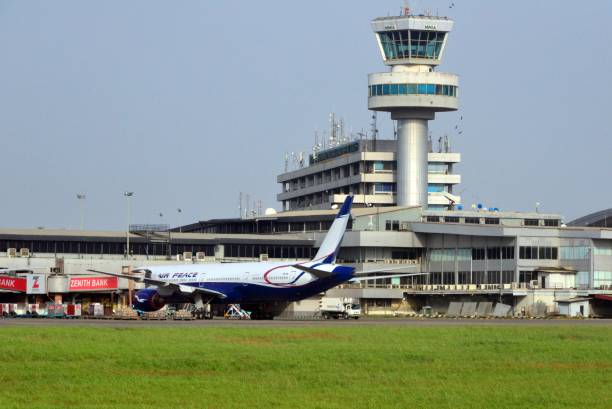By Atoyebi Nike
13th May, 2025
Nigerians aspiring to relocate to the United Kingdom may now face steeper barriers, as Prime Minister Keir Starmer’s administration rolls out a sweeping overhaul of the country’s immigration system. The newly unveiled policy aims to curb the UK’s rising net migration figures by targeting key routes used by migrants—particularly students, care workers, and low-income earners.
The policy paper, released Monday by the UK Home Office, outlines a ban on the overseas recruitment of care workers, alongside stricter visa requirements for skilled workers and a notable rise in the immigration skills charge levied on employers. These measures form part of the Labour government’s broader efforts to significantly reduce immigration numbers over the next four years.
“Net migration figures have reached unsustainable levels. We must restore control and fairness to our immigration system,” Starmer said in a statement. Migration data shows net arrivals hit 906,000 in June 2023, with a slight drop to 728,000 in 2024—numbers that remain politically sensitive and economically contentious.
For Nigerians, the implications are far-reaching. Nigeria ranks among the top three countries of origin for immigrants to the UK, according to the Office for National Statistics. Nigerian nationals are also heavily represented among international students, many of whom transition from study visas to other residency categories. Moreover, Nigerians account for a large share of the UK’s work visa and asylum claim recipients.
Under the revised immigration policy, the United Kingdom has extended the required duration for migrants to become eligible for permanent residency or citizenship from five to ten years. Additionally, the government has officially closed the care sector route for migrant workers; however, a transition period extending until 2028 will allow existing visa holders to either renew their status or switch to alternative roles within the social care sector.
Employers seeking to recruit foreign workers through skilled visa routes will now face a 32 per cent increase in the immigration skills charge. Furthermore, the period of post-study work eligibility for international graduates has been reduced from two years to 18 months. The policy also introduces more stringent English language proficiency requirements across all major immigration categories.
“If you want to live in the UK, you should speak English. That’s common sense,” Starmer declared via a post on X, formerly Twitter.
The announcement has stirred concern in Nigeria, where thousands of hopeful migrants now face more limited opportunities. However, the British High Commission in Abuja offered a more measured tone, noting that changes will be implemented gradually and in coordination with Nigerian authorities.
“The UK enjoys strong, long-standing people-to-people links with Nigeria,” the Commission said. “We are proud that the UK remains a top destination for Nigerians and value the contributions they bring to our society.”
The White Paper emphasizes a return to “order, control, and fairness” while aiming to balance reduced migration with sustained economic growth. Still, for many Nigerians already navigating a complex visa landscape, the new rules signal a more uncertain path to the UK dream.
